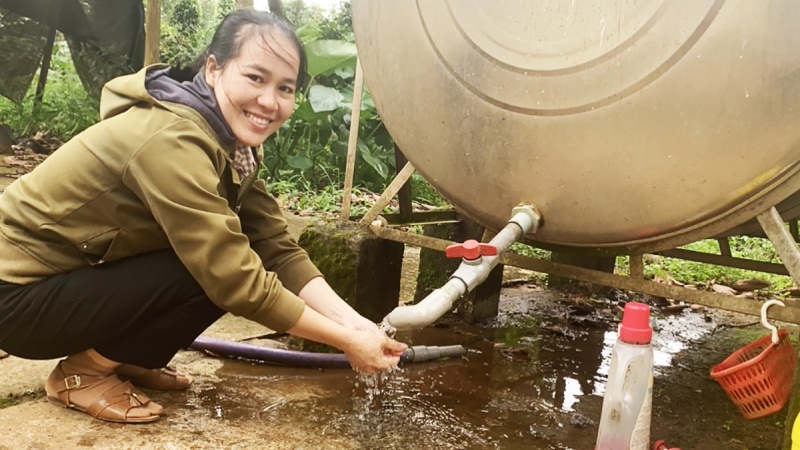
- Bringing clean water to ethnic minority children in Lai Chau province
- Hanoi supports clean water prices for poor households and policy families
- Tan A Dai Thanh Group: Launching the "Border Clean Water" Program
- Quang Binh hands over 5 Great Solidarity houses and clean water project in Khe Ngát village
- Quang Binh hands over 5 Great Solidarity houses and clean water project in Khe Ngát village
- Quang Binh: Support to improve clean water for the poor
In recent years, the Rural Clean Water and Sanitation Loan Program through preferential loans from the Vietnam Bank for Social Policies has been helping many rural families in Cu Mgar district, Dak Lak province to renovate, upgrade, and build new clean water and sanitation facilities. Thereby, contributing to improving the quality of people's lives, ensuring safety, hygiene, and improving the quality of life.
The advantages of the Rural Clean Water and Environmental Sanitation Loan Program are that the lending method does not require collateral, the target is expanded, the lending interest rate is suitable, the term is long, and borrowers can quickly access the capital source. To effectively implement the program's loan capital, ensuring the right purpose and target, every year, the Transaction Office of the Social Policy Bank of Cu Mgar district, Dak Lak province proactively coordinates with Party committees, authorities at all levels and political and social organizations entrusted to promote the program's dissemination to all classes of people, and at the same time guide people on procedures related to documents, loan conditions, beneficiaries, loan amount, term, loan interest rate, etc. Borrowers decide on the clean water model for daily life, production, construction of sanitation facilities suitable to the financial capacity of the family, and organize and manage the works themselves.
Previously, the family of Ms. Nguyen Thi Hien (village 7, Ea Kiet commune, Cu Mgar district, Dak Lak province) only had a makeshift bathroom and toilet, and all daily activities used spring water from the streams. The water source was not hygienic, so people often had intestinal and skin diseases. In March 2023, her family was able to borrow 20 million VND from the Rural Clean Water and Environmental Sanitation Program to build a toilet and clean water facility. Together with savings, her family built a closed bathroom, toilet and clean water facility. Ms. Hien happily said: "Thanks to the preferential loan from the Social Policy Bank, my family has clean water and a closed sanitation facility, so all daily activities are much more convenient."
According to Mr. Y Sep Nie - Deputy Director of the Transaction Office of the Social Policy Bank of Cu Mgar District, since implementing the Credit Program for rural clean water and environmental sanitation loans under Decision No. 62/2004 dated April 16, 2004 of the Prime Minister, the transaction office of the Social Policy Bank of the district has helped more than 6,000 households borrow capital for rural clean water and environmental sanitation. The total outstanding debt as of September 30, 2023 is over 68,125 million VND, the number of customers with outstanding loans is 4,007 households.
The purpose of the program is to help households in rural areas borrow capital to invest in building new or renovating and upgrading clean water supply and sanitation facilities, ensuring compliance with national standards on clean water and rural environmental sanitation, contributing to the construction of new rural areas in the district.
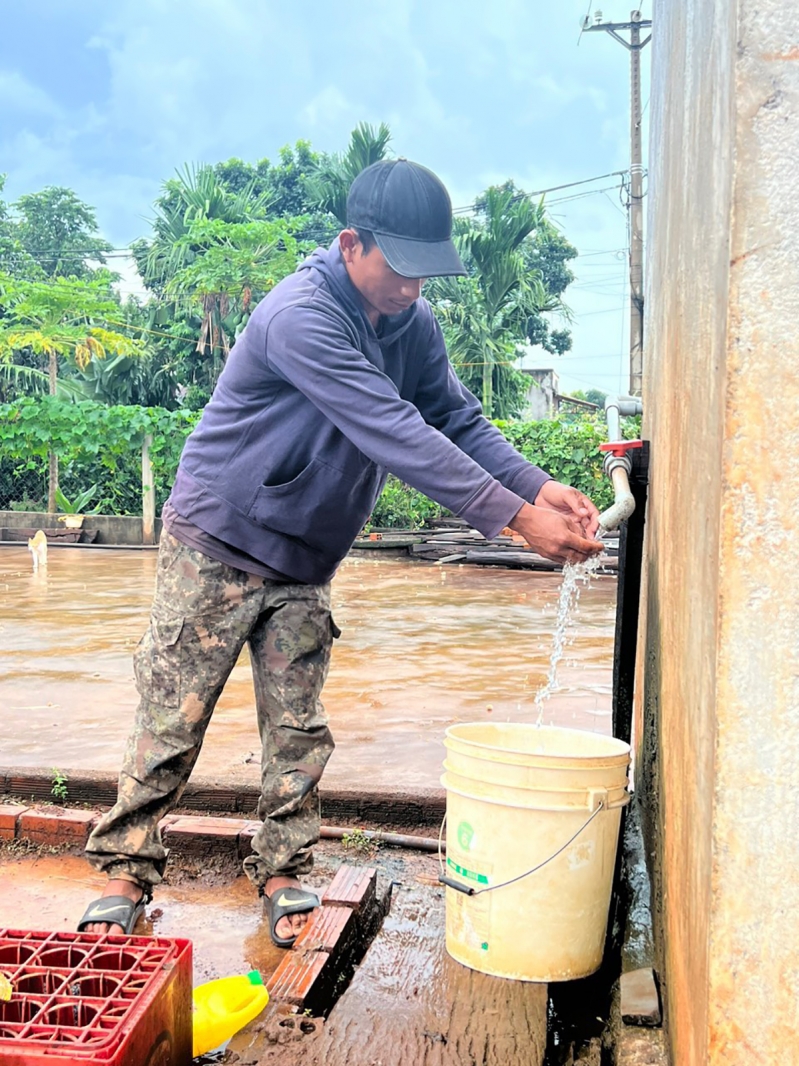
Thanks to the Rural Clean Water and Environmental Sanitation Loan Program, Mr. Y Suong Nie Nie's family in Ea M'droh hamlet, Ea M'droh commune, Cu M'gar district has enough clean water to use, ensuring hygiene and safety for the family.
It can be said that the Rural Clean Water and Environmental Sanitation Loan Program has promptly met the needs and aspirations of the people, contributing to helping people in rural areas have the conditions to use clean water sources, toilets that meet national standards, gradually improving the quality of life, improving the environment, protecting people's health, promoting local socio-economic development. Thereby, contributing significantly to the implementation of the goal of building new rural areas in the district.
The credit source for clean water and environmental sanitation loans has contributed to rapidly increasing the proportion of households in the area using clean water and having sanitary facilities that meet standards. Thereby, limiting the spread of diseases among the population, especially diseases related to water and sanitation such as typhoid, diarrhea, cholera, trachoma, etc.
Moreover, families having the conditions to build new, repair and upgrade clean water facilities also help eliminate backward and unhygienic living habits of the past, form a civilized and cultural lifestyle, and limit the difference in living conditions between rural and urban areas.
Source link


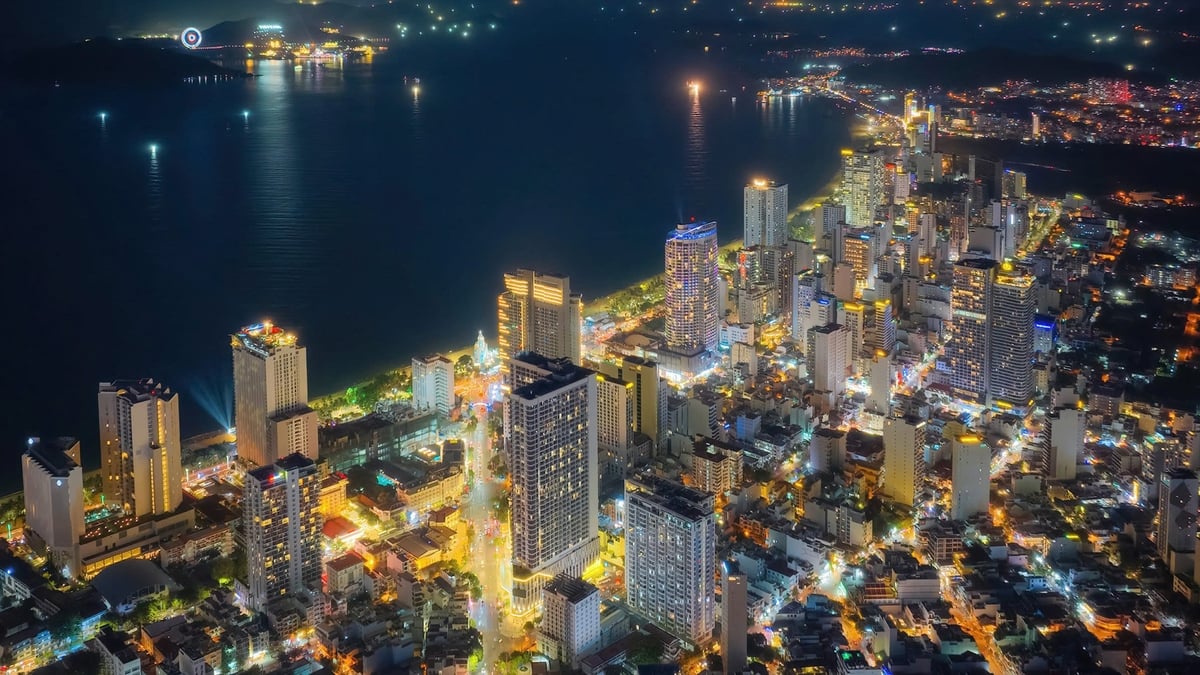
![[Photo] Prime Minister Pham Minh Chinh chairs meeting to review preparations for trade negotiations with the United States](https://vphoto.vietnam.vn/thumb/1200x675/vietnam/resource/IMAGE/2025/5/6/1edc3a9bab5e48db95318758f019b99b)
![[Photo] Prime Minister Pham Minh Chinh receives Mr. Tomas Heidar, Chief Justice of the International Tribunal for the Law of the Sea (ITLOS)](https://vphoto.vietnam.vn/thumb/1200x675/vietnam/resource/IMAGE/2025/5/6/58ba7a6773444e17bd987187397e4a1b)
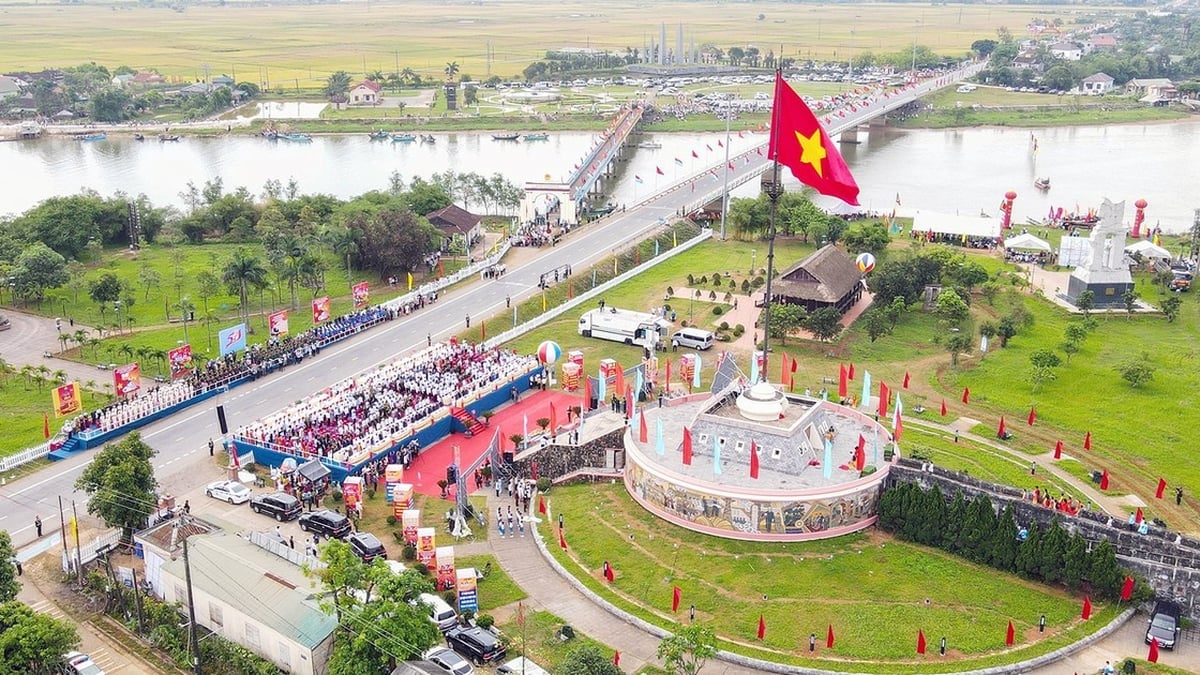
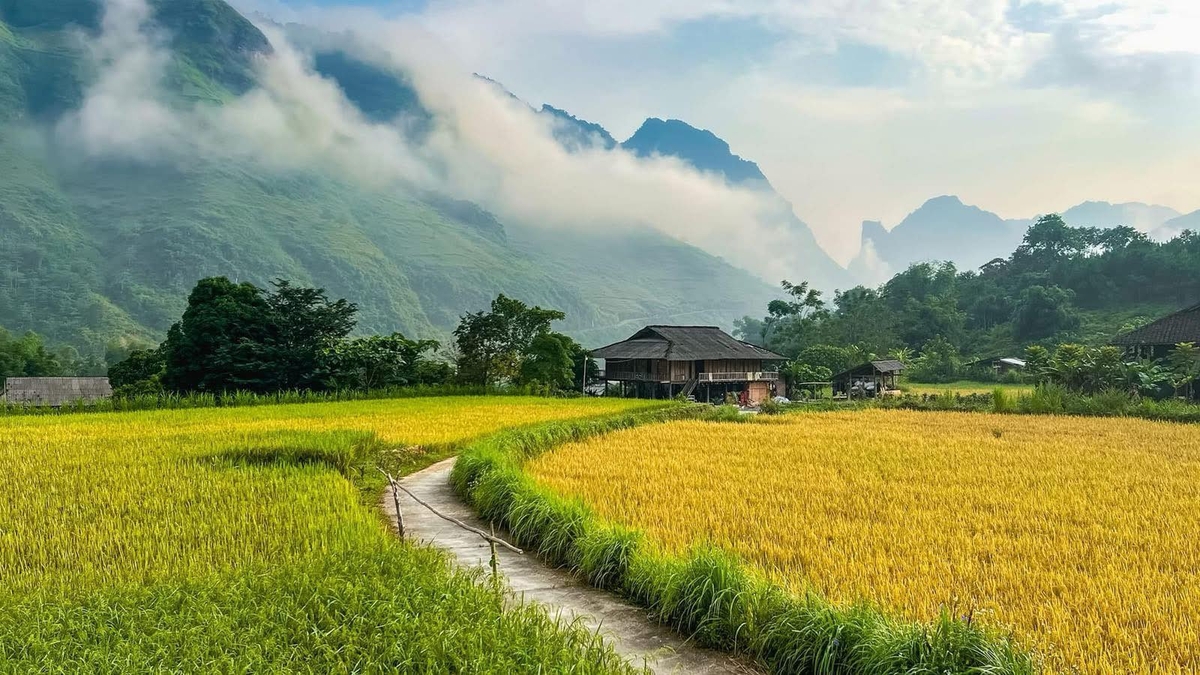
![[Photo] Prime Minister Pham Minh Chinh chairs the regular Government meeting in April 2025](https://vphoto.vietnam.vn/thumb/1200x675/vietnam/resource/IMAGE/2025/5/6/48eb0c5318914cc49ff858e81c924e65)










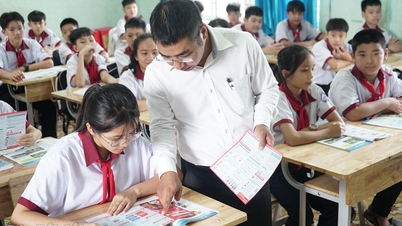




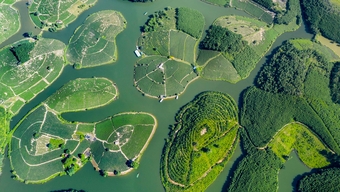




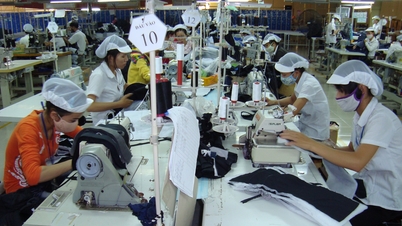

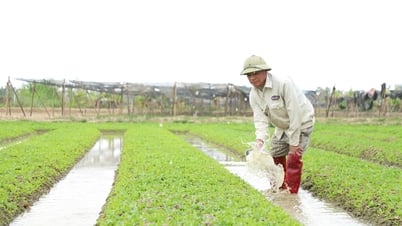




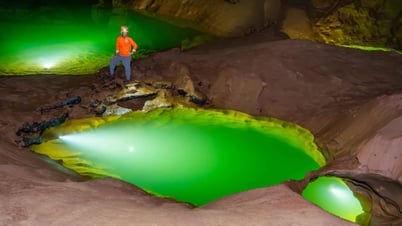

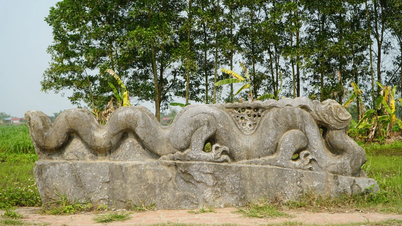


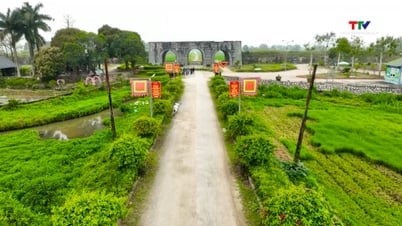

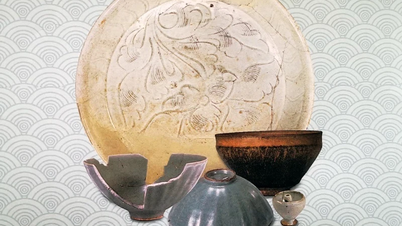

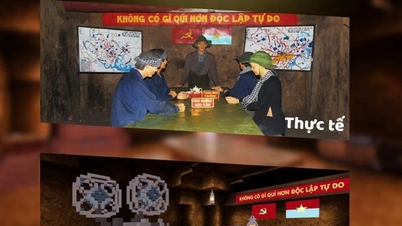



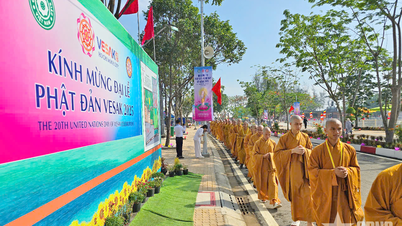

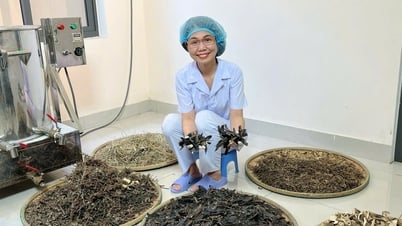








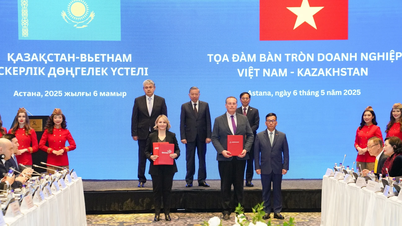








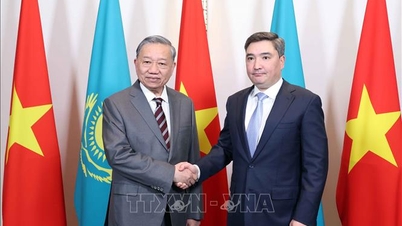


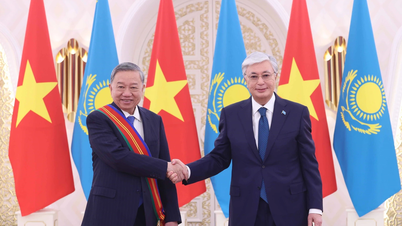


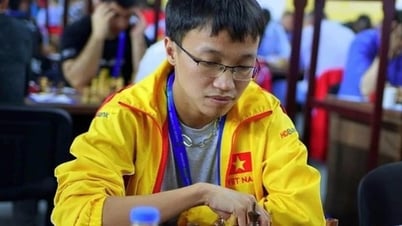



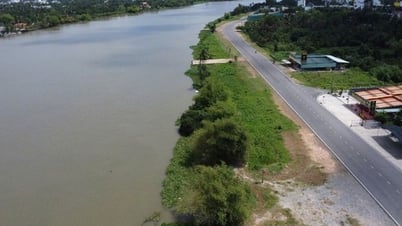







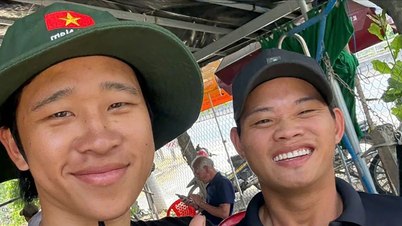





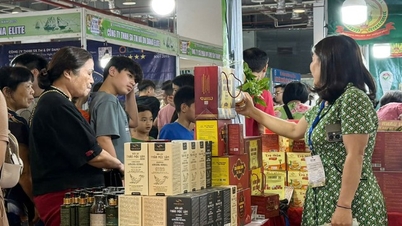
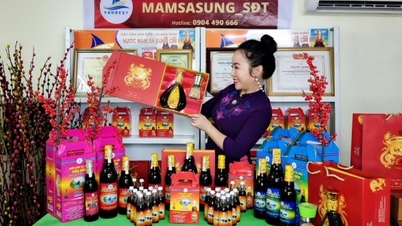

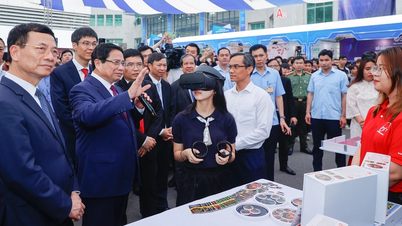


Comment (0)